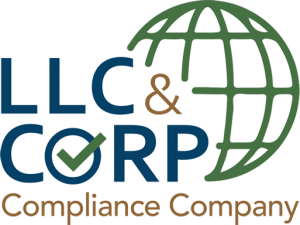
New CTA Rules for Reporting Companies
New rules under the Corporate Transparency Act (CTA) now require corporations, limited liability companies, and other entities to report beneficial ownership, among other information, to the Financial Crimes Enforcement Network (FinCEN). For this reason, it is important that companies involved in this process should communicate with legal advisors with experience in this area and with other service providers directly involved in the formation or registration of legal entities to help timely comply with the new beneficial ownership reporting requirements under the CTA law.
This requirement was enacted as part of the Anti-Money Laundering Act in the National Defense Authorization Act of 2021. The CTA aims to combat money laundering, terrorist financing, organized crime, and other financial crimes by requiring corporations, limited liability companies (LLCs), and other entities formed or registered in the U.S. to promptly disclose their beneficial owners and their business. The CTA authorizes FinCEN to maintain a centralized, non-public database of information about its Beneficial Owners (BOI), accessible to law enforcement agencies, national security agencies, and financial institutions.
“Reporting companies” must file BOI reports with FinCEN within specific deadlines. There are two categories of reporting companies: domestic reporting companies and foreign reporting companies. National reporting companies include corporations, LLCs, and any other entity created by filing a document with a secretary of state or similar office or Indian tribe. Foreign reporting companies include corporations, LLCs or other entities formed under the law of a foreign country that are registered to do business in any state or tribal jurisdiction.
The reporting rule includes more than 20 exceptions from reporting the BOI for certain types of entities. Many of the exceptions are for entities that are already subject to significant regulation by federal or state government agencies. The BOI reporting rules are complex and raise many legal questions regarding the scope and interpretation of the various definitions and exceptions. For this reason, it is emphasized that it is very important that the companies involved communicate with legal advisors with experience in this area.
Whether you are a startup looking for a quick and economical way to submit documentation, a more established organization with multiple companies, or a company with different levels of ownership, it is extremely important to obtain legal support with solutions that will help you comply quickly and efficiently.

